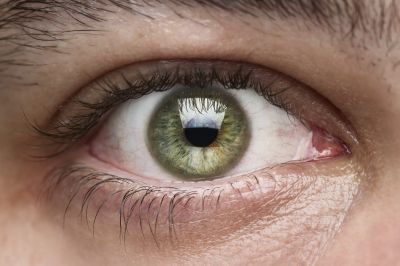
The ODAK ('Orphan Drug for Acanthamoeba Keratitis') project is working to develop a safe and effective treatment for Acanthamoeba keratitis (AK), a rare infectious eye disease which causes severe debilitation and can lead to blindness. The disease, which causes severe debilitation and can lead to blindness, affects one in 100 000 people in the EU - with 85% of cases being associated with contact lens wearing. It is caused by a common protozoan infecting the cornea and it is extremely difficult to treat because of the pathogens' resistance to antimicrobial therapy.

There is no health without mental health, and the foundation for good mental health is laid in the early and adolescent years of our lives. Mental health issues developed in younger years often increase with age and impact not only on the individual, but also on their family and society as a whole. While the majority of young people in the EU are said to enjoy good mental health, 20 percent of children and adolescents suffer from developmental, emotional or behavioural problems and approximately 12 percent have a clinically diagnosed mental disorder. These are only the young people that have been diagnosed, beyond them there are many more young people who are considered 'at risk'.
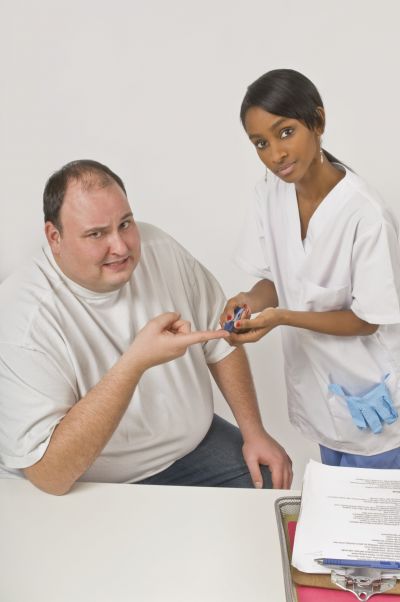
More than 55 million people in Europe currently suffer from diabetes, and by 2030, this figure is expected to rise to 64 million. Although there is currently no cure, type 1 diabetes can be treated by transplanting islet cells or even a whole pancreas into a patient from a donor. Unfortunately, the number of diabetes patients far outweighs the number of donors. Stem cells could play a vital role in addressing this gap.
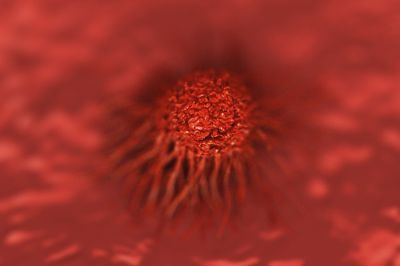
Cervical cancer screening has helped to dramatically reduce the number of cases of - and mortality from - this disease. Now a study from the Karolinska Institutet suggests that testing for the human papilloma virus (HPV) could allow for a longer time between these screening tests, when compared to cell-based testing.
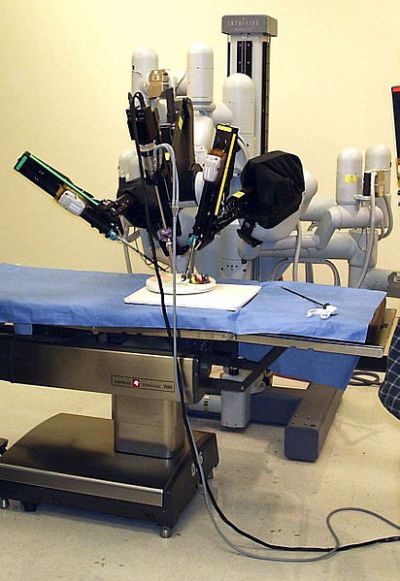
What if, in a few years from now, human surgeons were only needed for the most delicate operations, leaving more common tasks to robots? This not-so-fictional future is the dream of Dr Paolo Fiorini, who coordinated the EUROSURGE project, which ultimately targets the commercialisation of newly developed technologies in this sector.
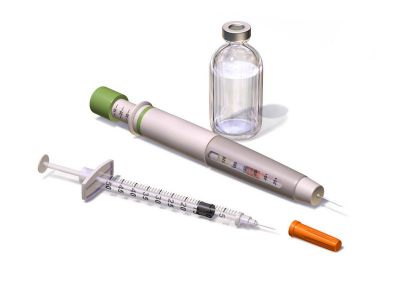
Diabetes affects around 10% of the population; according to the World Health Organisation (WHO). The disease places a huge financial burden on healthcare systems, and also leads to early death and poor quality of life. However, patients and healthcare professionals will now be able to partner up and manage the illness in better, more effective ways.

Across Europe, providing health and social care services is becoming increasingly complex and costly. An aging population, a multitude of public, private and informal actors, together with a myriad of e-health systems and technologies create numerous hurdles to offering efficient and cost-effective care. A team of EU-funded researchers and practitioners are helping to get these services off the ground.
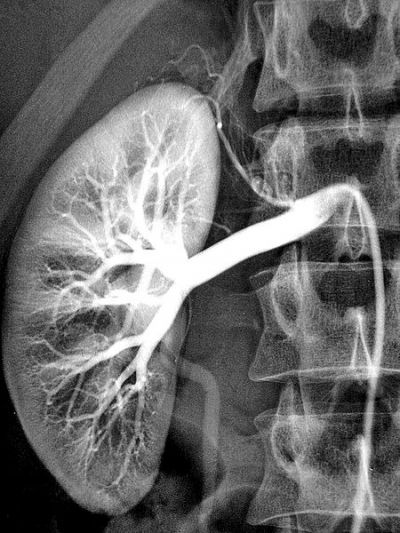
End stage kidney disease is a global public health problem with an estimated 2.4 million patients on dialysis. The number of new cases is rising (7-8% annually) due to population ageing and increased diabetes prevalence. The NEPHRON+ project is improving the lives of patients by developing a wearable artificial kidney device, enabled with information and communication technologies for remote monitoring.
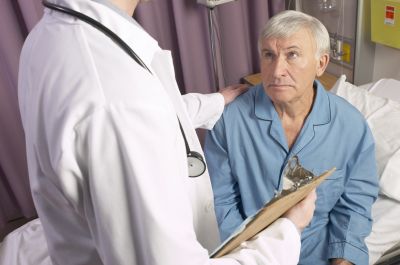
The thymus plays a central role in the development of our immune system by producing important immune cells. However, this crucial organ deteriorates with age and is also vulnerable to harm from transplant surgery. An ageing thymus leaves older people often more susceptible to infections such as flu, while patients who undergo a bone marrow transplant, for example to treat blood cancer, can be left with thymus damage that affects the immune system.
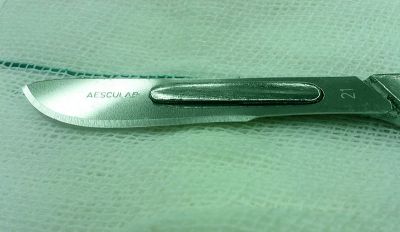
Cancer is one of the most challenging medical issues we face. In the United Kingdom alone, there are 300,000 new cases every year – leading to almost two million surgical operations annually. Thanks to ERC funding, Dr Zoltán Takáts of Imperial College London has developed a ‘smart’ surgical knife that can ‘smell’ the tissues it is cutting through – with the potential to revolutionise cancer treatment, as well as food and drug analysis, and research into the human ‘microbiome’.

Like with all animals, the olfactory nerves of crayfish are continuously exposed to damage and need replenishing. The crayfish's solution is, as New Scientist puts it, to create a ‘nursery’ for baby neurons, a little clump at the base of the brain called the niche.
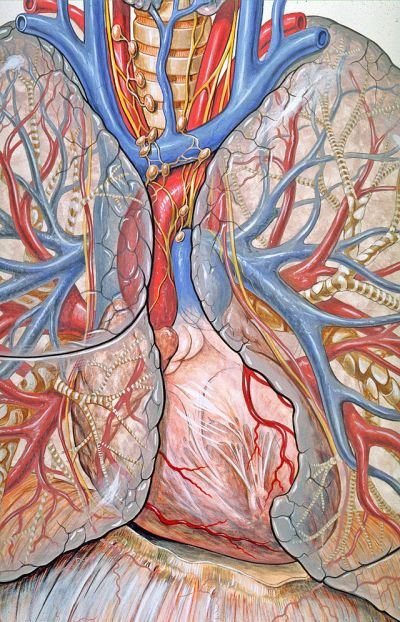
'Ischaemic heart disease' (IHD) was responsible for 12?% of all deaths in the OECD in 2011. The disease, which causes blood supplies to the heart to diminish, progressively damages heart tissue.
Whilst the introduction of angioplasty and stents has successfully helped reduce early mortality rates, the lack of solutions to repair the damaged tissue often leads to initial patient recovery being followed by cardiac remodelling and 'Chronic heart failure' (CHF). The only cure for CHF is heart transplantation, but few patients are lucky enough to find a compatible donor in time.
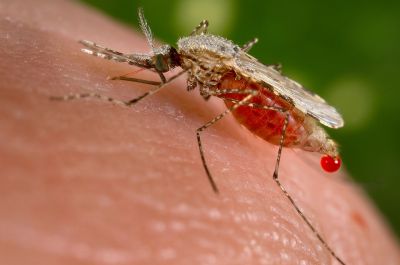
Malaria kills more than 1 million people each year. The new technique by a team at Imperial College London involves injecting mosquitoes with a gene that causes the vast majority of their offspring to be male. According to the Guardian, this leads to an eventual dramatic decline in population within six generations as females disappear.
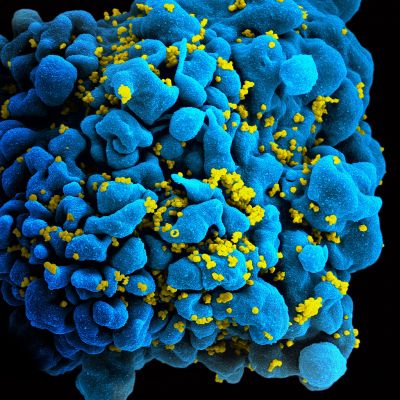
Since the beginning of the HIV epidemic, almost 75 million people have been infected with the virus and about 36 million people have died of HIV. In 2012, a total of 29 000 new cases of HIV were reported in the EU and the European Economic Area. Media are reporting that researchers have discovered a method for using the virus as a tool in the fight against hereditary diseases - and in the long term, against HIV infection itself as well.













